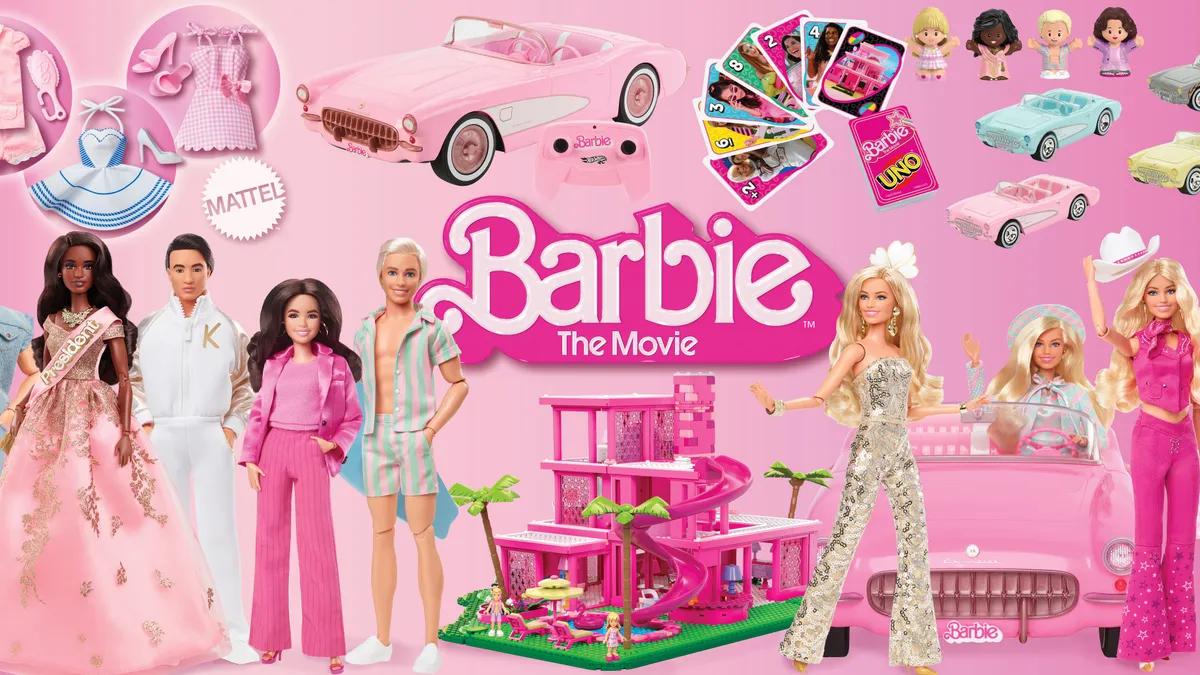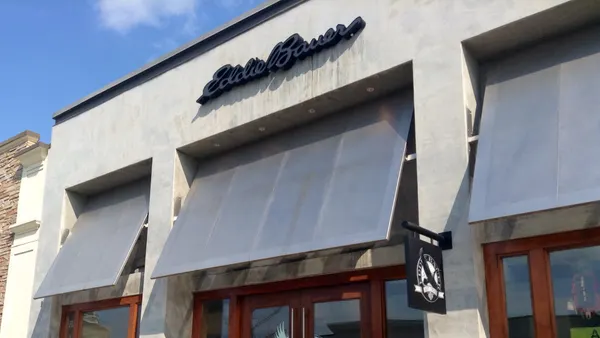Dive Brief:
-
Mattel Q2 net sales inched down 0.7% year over year to $1.1 billion, capping off a first-half of the year in which CEO Ynon Kreiz said the industry bested expectations.
-
Gross margin in the period expanded by 410 basis points, and net income more than doubled to $56.9 million, according to a company press release.
-
The toy maker didn’t immediately respond to requests for comment on whether private equity firm L Catterton is interested in a takeover, as first reported by Reuters. On a call with analysts this week, Vice President of Investor Relations David Zbojniewicz said Mattel wouldn’t comment “on recent press reports or speculation.”
Dive Insight:
Despite the sales decline, Kreiz said “this was a good quarter for Mattel,” citing “significant gross margin expansion” and increases in adjusted EBITDA and adjusted earnings.
“We do expect our toy business to grow in the second half and look forward to a good holiday season for Mattel, with new product innovation, increased retailer support, more marketing and promotion and new content,” he also said.
He acknowledged that the toy industry remains under pressure, saying that Mattel expects the market to “decline modestly” this year, though not as much as executives thought it might when the year began. He also noted that collectibles and other toy products aimed at adults are driving demand, which “bodes well for our strategy in this area.”
The industry’s better-than-expected first half was largely driven by Lego, rather than the U.S. giants Mattel or Hasbro, according to research from UBS analysts led by Arpine Kocharyan, who said this week that “outside of building set category, [the] industry improved only modestly.”
In any case, Kreiz said that Mattel is gaining share in toys, with successful licenses and “great momentum in our entertainment strategy.” Barbie has demonstrated that, but there is more to come, he said, adding that “it's not just about Barbie and not just about movies.”
“What we're seeing is that the fundamentals of the toy business are strong,” he said. “Toys are an important part of consumers' lives, and retailers see the category as a strategic lever.”
Wholesale and retail partnerships will be key to Mattel’s success in the rest of the year. Kreiz alluded to “more shelf space” dedicated to Mattel products, though he declined to name a specific retailer.
“The way we work with retailers around the world, selling product today in 500,000 stores globally, and this is just ... brick and mortar. Of course, we have a large business in online retail and e-commerce,” he said. “And with those relationships, we are able to continue to expand our retail footprint, and that is what we are talking about, more shelf space in the second half. And part of that... is more promotion, more marketing and more activities to drive the business.”
Zbojniewicz headed off any questions regarding the rumored interest from L. Catterton, but did say that “we are very confident in Mattel's strategy and our ability to create long-term shareholder value as a stand-alone company.”
Executives on the call argued that the company’s momentum will soon be reflected in its share price. But Jefferies analysts led by Kylie Cohu said that Mattel’s valuation could be spurring takeover interest.
“The company has not confirmed these reports but given the current valuation levels, we would not be surprised if private equity interest is piqued,” Cohu said in a client note.
















